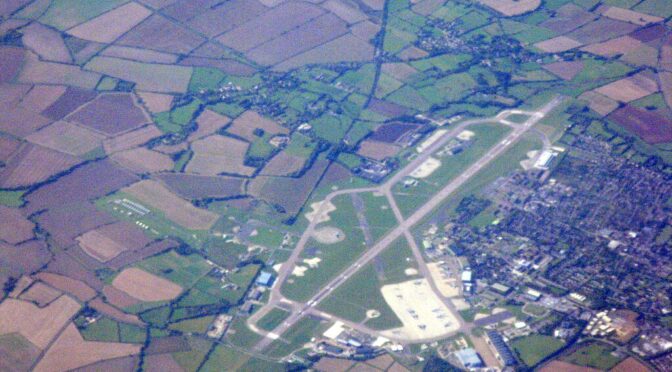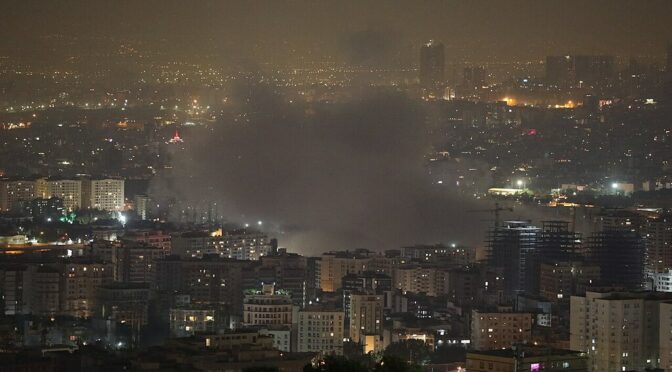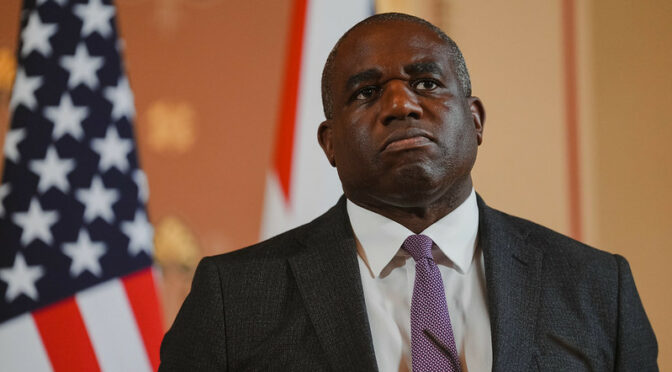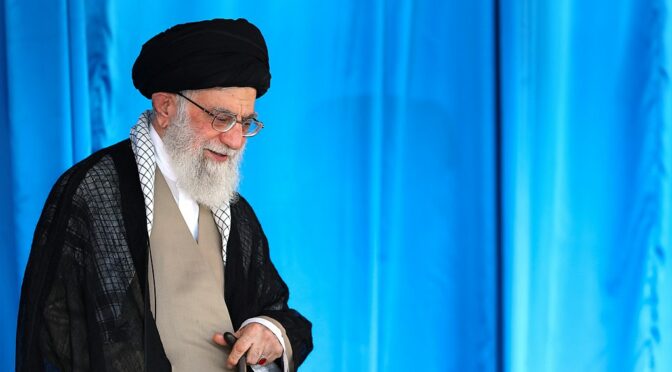Article published in The Daily Telegraph, 22 June 2025. © Richard Kemp
We should expect Iran to lash out after Trump’s bunker busters bombed its nuclear sites last night. Here in Israel, after an unusually missile-free 24 hours or so, we saw a barrage of up to 30 ballistic missiles fired at population centres.
Nothing new there: Israel has been targeted almost every night in the week since it launched its pre-emptive attack campaign and that is likely to continue until the ayatollahs decide discretion is the better part of valour or have their armoury wiped out or expended.
But now that America is fully in the game we should also expect retaliation against it and its other allies. That can come in various forms and may be immediate. Iran is known for strategic patience but at the same time might feel the need to act speedily to shore up a regime that has now been even further humiliated.
Already the Houthis, an Iranian proxy in Yemen, have cancelled their “ceasefire” with the US announced a few weeks ago. Iran also has proxies in Iraq that are heavily armed with missiles. They recently threatened to respond if the US attacked Iran.
Tehran itself, or any of these proxies, could attack energy infrastructure in Gulf states as well as US bases in the region. Iran, and the Houthis, could revert to their previous aggression against international shipping and potentially might block the Strait of Hormuz.
Hezbollah in Lebanon, once the most powerful terrorist organisation in the world, and also an Iranian proxy, was supposed to be a major player in exactly the situation Tehran faces today. But it was shattered by Israel last year and so far has not joined the fight for fear of being totally destroyed.
That may also account for an absence so far in this war of terrorist attacks beyond the region. Hezbollah has sleeper cells across Europe and in the US that were created under the direction of the Islamic Revolutionary Guard Corps to retaliate against Israel’s and America’s allies if Iran came under fire. Continue reading





